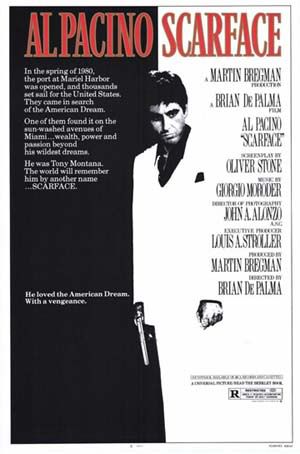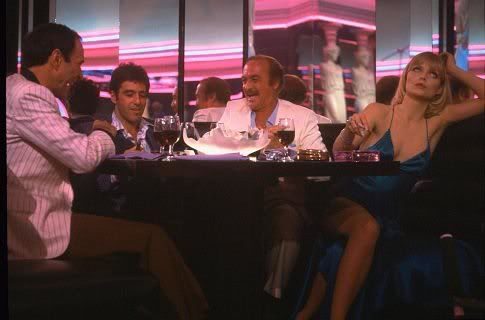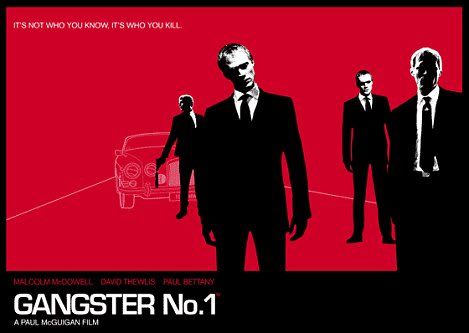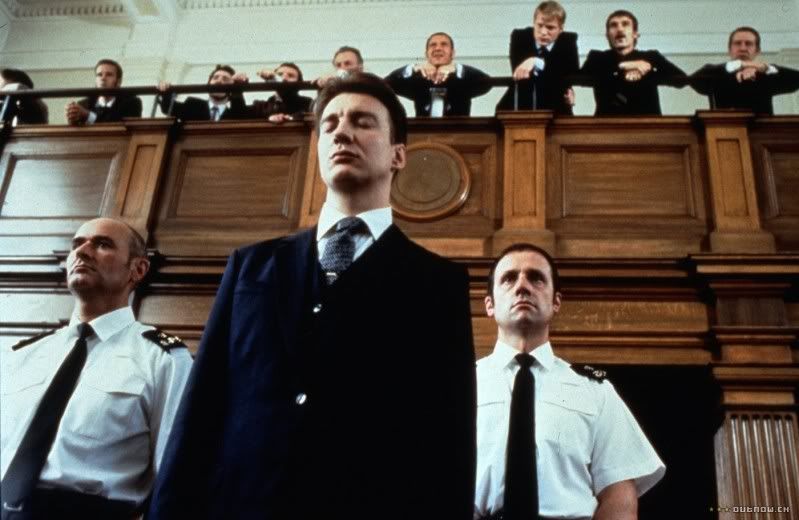
For the Terribleminds Flash Fiction challenge, The Body.
He was assaulted by scents when the door opened. The undercurrent of cheap booze and sweat was nearly overwhelmed by the acrid tang of cordite. He set his kit down inside the door and began to remove his coat.
“Oh man, thank God you’re here, I don’t know what to do…”
He looked at the young man speaking to him. His hair was disheveled, his eyes bloodshot, and the gun was still in his hand.
“You can start by putting safety on and putting the gun down.”
The kid looked down at the gun.
“Oh, Jesus…” The gun was placed on the ground very slowly, and he could see the safety was, in fact, engaged. Once it was on the floor, he picked it up and placed it in his kit.
“Now, tell me what happened.”
“Man, we were just sitting around drinking and talking, and Tommy, he… he said he had never seen a gun before, so I pulled it out to show him, and…”
“Okay. Stop right there. You were drunk and handling a loaded gun. You’re aware of how your father is going to react, aren’t you?”
The kid turned pale. “Oh, God, did you…”
“No. After we are done here I will take you to see him personally. But you have to realize, if the neighbors heard the shot and called the cops, we have maybe three minutes before we start smelling bacon. Do you understand?”
This got an eager nod.
“Good. Now let’s get a look at Tommy.”
He was lead into the apartment, where the bedroom was now a shambles. The smell of weed was contained here, as was the stink of Tommy’s body which had voided itself after the gun had gone off. The target pistol, a gift from the young man’s father, was a .22 and therefore not terribly powerful. There was no exit wound and no bullet to dig out of the wall. Tommy seemed to be laying on a pile of laundry, the head wound oozing blood and brain into some designer clothes.
“Help me with the body.”
They picked Tommy up and carried him into the bathroom. Once the corpse was in the tub, he retrieved his kit.
“Gather up any clothes Tommy bled on. Make sure his blood didn’t reach the carpet. Get the clothes in garbage bags. Understood?”
“Yes, sir.”
“And shut the door.”
With that, he was alone with Tommy. He put his smock on over his suit, strapped on the mask, and pulled on the latex gloves. From the kit he pulled out the first jug of acid, turning on the bathroom fan. He started with the face, then the hands, just in case they had to leave in a hurry. He had to be careful when pouring it – splashes were bad, and he didn’t want it eating anything but the body in front of him. It was slow going, arduous at times, but between the hissing and the stench, he managed to keep the mess in the tub without destroying anything in the bathroom. He checked his watch as the acid worked on the bones of Tommy’s rib cage. No cops yet; this was good news.
He only poured as much acid as he needed, and still ended up going through a jug and a half. After a few more minutes, the powerful stuff had reduced poor Tommy and his clothes to a slurry of reddish sludge. A few pours from the jug of basic acid neutralizer stopped any remaining hissing. He opened up the cold water tap in the tub, pulled the steel rod out of his kit, and started stirring. He hated this part the most, truth be told. It was tedious and getting this close to what had recently been active acid never exactly sat well with him.
At length, the tub was empty. He turned off the tap, shed his smock and gloves, and pulled one more thing out of his kit. A few liberal sprays of Febreeze within the confines of the bathroom cut the smells considerably. He opened the door and walked around the apartment, spraying as he went. The kid was sitting on his bed, two large black can liners full of clothes by his feet.
“Did Tommy have family?”
“His parents are in another state. He was here for college.”
“So it will be a few days before they become seriously concerned. Did they ever meet you?”
“No.”
“And did Tommy ever mention you to them?”
“I don’t know. I don’t think so.”
He nodded. “Well, come on, then. Let’s get out of here.”
They walked out of the Febreezed apartment. He had the kid put his bags of laundry in the trunk of his Lincoln, and then placed his kit beside them. They left the parking lot and he considered their route as he pulled onto the main boulevard.
“Is he gonna be mad?”
He knew the answer to the young man’s question already. Yes, he’s mad, and if I hadn’t shown up and you were talking to the cops you certainly wouldn’t live through the night. He had worked for powerful men before, in many cities, but this one saw his son as more of an embarrassment than anything else. Hence the instructions he was to follow if the kid proved inconsolable or confrontational.
The gun was heavy under his suit coat. The docks were nearby. He knew it was the most surefire way to resolve this.
Yet the young man beside him had been cooperative, relatively calm, and seemed legitimately apologetic for the accident. No blustering, no panic, nothing embarrassing at all. And the kid was someone’s son. He had met the kid’s mother, too, a lovely woman with a big heart who loved her family more than anything. And unlike the cops, there was no way in the world he would lie to her about what happened to her son.
His hands never left the steering wheel.
“Yeah. But you’ll be okay. I promise.”










